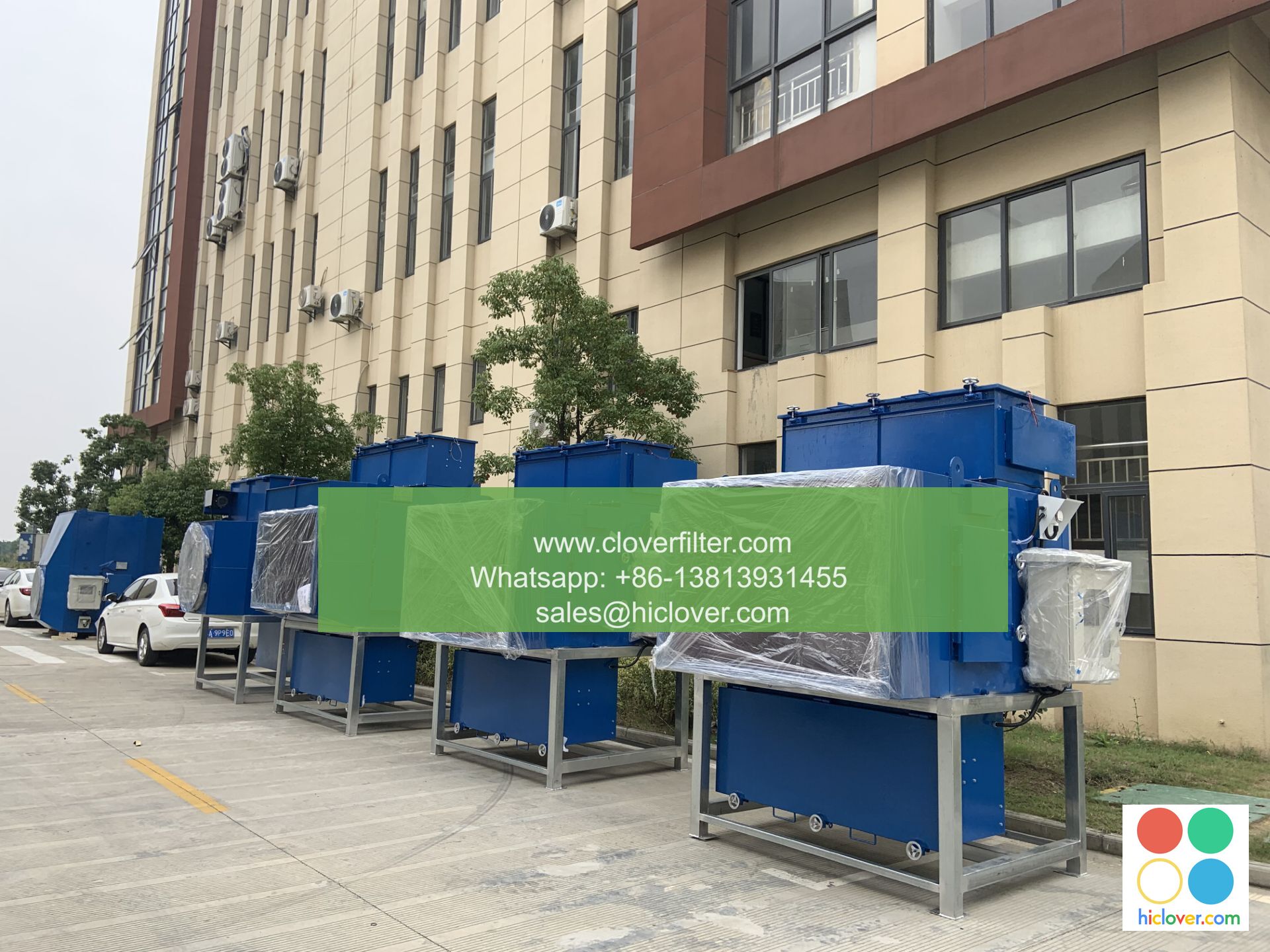The Importance of Regular HVAC Air Filter Changes

The Importance of Regular HVAC Air Filter Changes: Keeping You Healthy and Comfortable
As the owner of a home or building, you understand the importance of maintaining a comfortable and healthy indoor environment. Two key factors that play a significant role in achieving this are a well-functioning heating, ventilation, and air conditioning (HVAC) system and regular air filter changes. In this article, we’ll discuss the importance of regular HVAC air filter changes and its impact on your health, energy consumption, and equipment lifespan.
Why Regular HVAC Air Filter Changes Are Crucial
Health Benefits
Dirty air filters can harbor bacteria, viruses, and allergens, such as dust, pollen, and pet dander, which can exacerbate respiratory issues like asthma and bronchitis. By changing your air filters regularly, you can:
- Reduce exposure to allergens and irritants
- Minimize the spread of airborne pathogens
- Create a healthier indoor environment for occupants
Energy Efficiency
Dirty air filters can decrease your HVAC system’s efficiency, causing it to work harder to circulate air, which can increase energy bills and lead to premature system failure. Regular filter changes:
- Improve airflow and reduce energy consumption
- Extend the life of your HVAC equipment
- Save you money on utility bills
Types of Air Filters and Their Benefits
Basic Filters
- Captures larger particles like dust, hair, and lint
- Provides basic filtration for general cleaning and air circulation
High-Efficiency Filters (HEPA)
- Traps smaller particles like dust, pollen, and pet dander
- Ideal for homes with pets or occupants with respiratory issues
Activated Carbon Filters
- Removes odors and gases from the air
- Suggested for homes with indoor pets or smokers
How Often to Change Your Air Filters
Recommendations
- Replace filters every 1-3 months, depending on usage and climate
- Check your filter manufacturer’s guidelines
- Consider using a smart air filter that monitors and adjusts its performance based on usage
In conclusion, regular HVAC air filter changes are essential for maintaining a comfortable and healthy indoor environment. By choosing the right filter for your needs and changing it regularly, you can:
- Improve indoor air quality
- Reduce energy consumption
- Extend the life of your HVAC equipment
- Enjoy better overall comfort and health
By prioritizing air filter changes, you can take control of your indoor environment and enjoy a healthier, more comfortable living or working space.
Additional Resources
- American Lung Association: www.lung.org
- Environmental Protection Agency (EPA): www.epa.gov
- HVAC Manufacturers’ Association: www.hvacman.org
Footnotes
[1] The US Environmental Protection Agency (EPA) recommends changing air filters every 1-3 months, depending on usage and climate. EPA.gov.
[2] The American Lung Association suggests using an air filter with a MERV rating of 11 or higher for optimal air quality. Lung.org.
I’m happy to help! What’s the prompt you’d like me to assist with?


